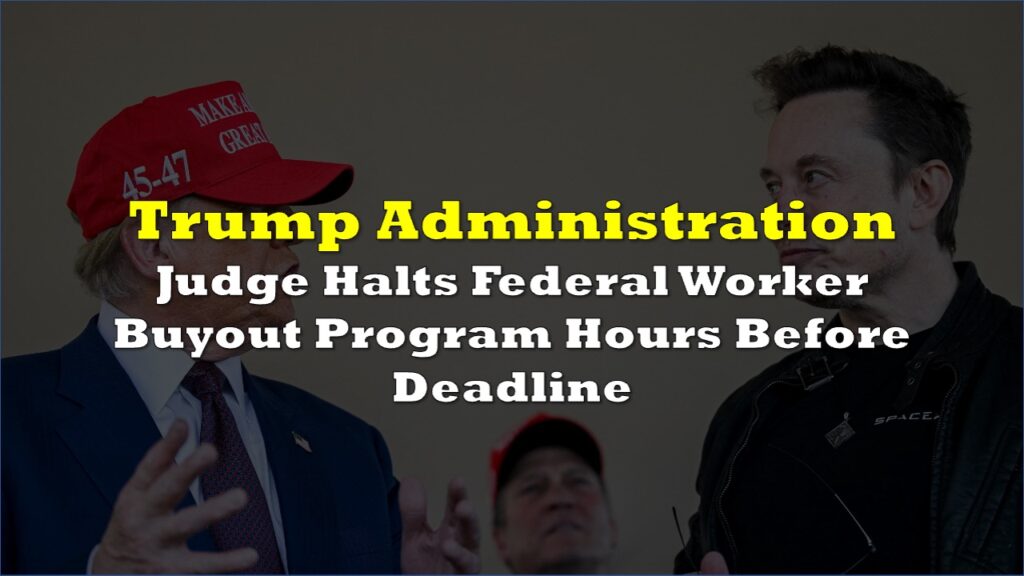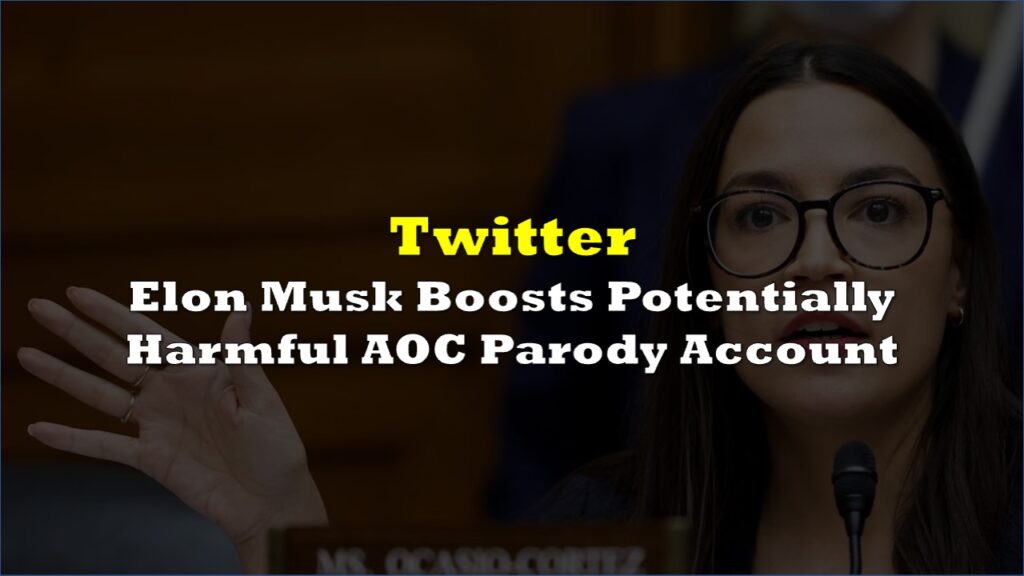Elon Musk has offered his SpaceX Starlink satellite internet technology to the Federal Aviation Administration, claiming that the agency’s legacy systems are on the verge of catastrophic failure.
“The Verizon communication system to air traffic control is breaking down very rapidly,” Musk said on his social media platform, X, though he later revised his statement to specify that L3Harris built the decaying technology, while Verizon is responsible for a not-yet-operational upgrade.
Pretty interesting that shit starts breaking after he got his hands on it and now the only thing that can fix it are his products pic.twitter.com/UR4n6qeXAj
— Wu Tang is for the Children (@WUTangKids) February 27, 2025
Critics note that Musk, a top advisor to President Donald Trump, provided no direct evidence for his assertion that air travel safety is threatened by outdated systems.
FAA officials have previously indicated that they have tested or plan to test Starlink’s capability in Atlantic City, New Jersey, and in remote parts of Alaska. It remains unclear how rapidly or extensively the agency will adopt the technology. The Washington Post reported that the FAA is close to canceling an existing contract with Verizon to build the next-generation air traffic control network, but Verizon says it “stands ready to be deployed” and is already working with the FAA on replacing “antiquated, legacy systems.”
Musk’s announcement arrives at a time when the FAA is under pressure to cut costs, having recently let go of hundreds of employees who were not directly involved in air traffic control. Some lawmakers argue that the layoffs happened with little forethought.
Senator Tammy Duckworth recently wrote to the agency, questioning whether the staff reductions were properly evaluated for possible safety or operational impacts. Meanwhile, Senator Ed Markey has raised concerns over conflicts of interest should the FAA rely on technologies from a company led by someone deeply involved in the Trump administration.
Against this backdrop, the broader aviation community continues to clamor for modernization. Airlines for America, representing major US carriers, has long advocated for an update to federal air traffic control infrastructure, describing the current systems as both antiquated and prone to delays. The push gained urgency last month, when a tragic collision between an American Airlines regional jet and an Army Black Hawk helicopter claimed 67 lives, marking the first deadly passenger airline crash in the US since 2009.
Information for this briefing was found via CNBC and the sources mentioned. The author has no securities or affiliations related to this organization. Not a recommendation to buy or sell. Always do additional research and consult a professional before purchasing a security. The author holds no licenses.









